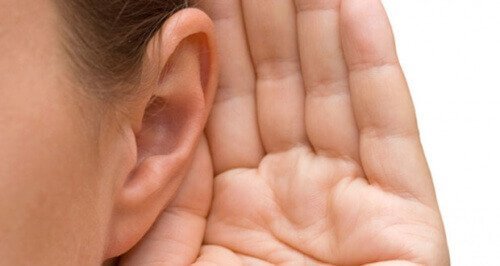Protect Your Healthy Hearing from Harmful Noise Levels
Exposure to excessive noise levels (greater than 85 decibels) during work or other activities can significantly increase your risk of hearing loss or exacerbate an existing hearing impairment. Hearing protection against harmful noise levels ( hearing aid Continuing without ) can cause problems down the road when harmful effects occur on the sensitive hair cells of the cochlea, the inner ear organ that transmits sound signals to the brain.
hearing aid
Concerts, sports activities, hunting, ATV driving, electric hand tools, or listening to music very loudly can harm the hearing completely irreparable. From time to time, these noise levels can reach 110 decibels (DB) or more that puts your hearing sense of hearing in a few minutes. Some sounds can cause instant hearing damage. An unprotected hunting rifle explosion at close range can exceed 150 dB and thus cause permanent damage to your sense of hearing for a minute.
hearing aid need
Repeated exposure to noise as we age may compound as we age. Because the hair cells in your inner ear are never renewed, your hearing is unlikely to recover on its own after experiencing repeated traumatic events. Hearing damage during adolescence may not surface until the late 20s or early 30s — or even the 50s or 60s, when presbycus, age-related hearing impairment becomes a larger factor.
hearing aid necessary reasons
Hearing protection prevents damaging sound levels by reducing piercing sounds but still allows you to clearly hear the sounds you want to hear. Our hearing protection goes beyond the earplugs you buy at the drugstorehearing aidsoffers a range of hearing protection designed to fit perfectly around the edges of your ear, providing a personalized, comfortable fit and all-day protection from the hazards of noise, sound.
Are There Consequences Later in Life If Hearing Loss Is Left Untreated?
Protecting your hearing is important as hearing loss is linked to some serious health conditions later in life. hearing aid The relationship between hearing loss and dementia has been established in research, and it is a close association. Hearing loss accelerates brain-tissue atrophy, especially since auditory nerves stimulate but cannot receive signals (Causes of hearing lossThere is strong evidence that it cannot. These areas of the brain are also involved in memory and speech.
Individuals with mild hearing loss are three times as likely to fall as those without, and the likelihood of falling increases as the degree of hearing loss increases. Hearing loss has been linked to a variety of other diseases, such as diabetes, cardiovascular diseases, sickle cell anemia, and other circulatory conditions.
How Noisy Is It?
As a general rule, if you have to raise your voice to be heard over music or noise, it is probably too loud and hearing aid It may be on the verge of damaging your hearing. Things like lawnmowers or heavy highway traffic tend to range between 80 and 90 dB when hearing is at risk. hearing aid Those who are regularly exposed to noise of 85 dB or more should have their hearing tested regularly to see if the effects of hearing damage are present.
hearing aid modeling
If you experience persistent exposure to loud noise in your leisure activities or workplace, please contact us for advice on the hearing protection methods best suited to your needs or to schedule an appointment for custom hearing protection.


